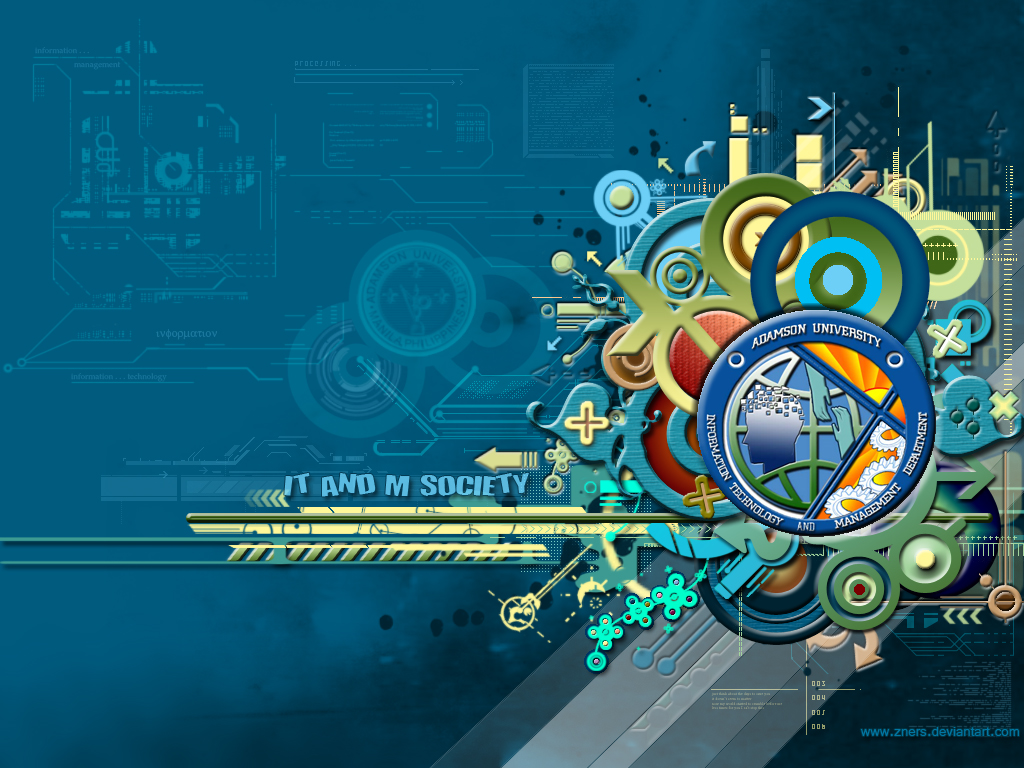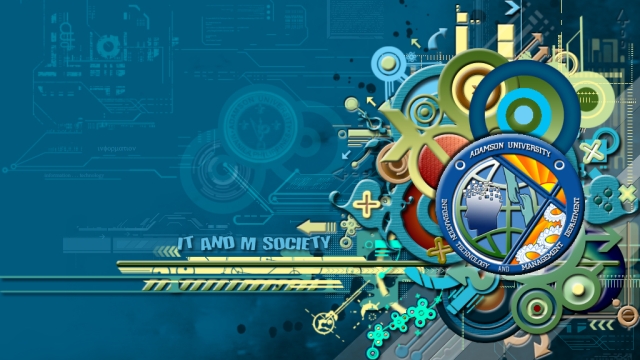Technology has become an integral part of our lives, shaping the way we communicate, learn, work, and even entertain ourselves. It is no longer just a tool, but a driving force that propels us forward into the future. From the invention of the wheel to the advent of the internet and beyond, technological advancements have had a profound impact on our society, revolutionizing the way we live and ushering in a new era of innovation.
In today’s fast-paced world, where change is constant and expectations are high, technology continues to evolve at an astonishing pace. The rapid progress we have witnessed in recent years is nothing short of remarkable. We are witnessing a techvolution, a revolution fueled by the relentless pursuit of innovation. From artificial intelligence and robotics to virtual reality and blockchain technology, the possibilities seem endless. Technology is not only transforming the way we work and conduct our daily tasks, but it is also altering the very fabric of our existence, promising a future that is both exciting and uncertain.
Impact of Technology on Industries
-
Enhancing Efficiency and Productivity:
Technology has revolutionized industries, enhancing efficiency and productivity like never before. With the advent of automation and artificial intelligence, tasks that were once time-consuming and tedious can now be carried out swiftly and accurately. Companies across various sectors are leveraging technology to streamline their operations, automate manual processes, and optimize resource utilization. As a result, productivity levels have skyrocketed, leading to improved outputs and reduced costs. -
Transforming Business Models:
The influence of technology on industries goes beyond mere efficiency gains. It has the power to completely transform business models and reshape entire industries. Disruptive technologies such as cloud computing, the Internet of Things (IoT), and blockchain have unlocked new possibilities and opened up avenues for innovation. Traditional brick-and-mortar businesses are embracing e-commerce platforms, while sharing economy platforms are revolutionizing the way we access goods and services. These technological advancements have disrupted existing industries and created new opportunities for entrepreneurs and consumers alike. - Mark Majtan
Revolutionizing Customer Experiences:
Technology has not only impacted internal processes within industries but has also transformed the way customers interact with businesses. With the rise of smartphones and social media, customers now have more power and control over their interactions with companies. Industries have had to adapt by leveraging technology to provide personalized experiences, seamless customer support, and real-time communication. From tailored product recommendations to efficient online transactions, technology has revolutionized customer experiences, leading to higher customer satisfaction and loyalty.
In conclusion, technology has had a significant impact on industries, revolutionizing processes, transforming business models, and enhancing customer experiences. The ongoing techvolution is bound to continue reshaping industries across the globe, driving innovation and unlocking new possibilities.
Emerging Technologies
In the ever-evolving landscape of technology, new innovations continue to reshape our world. Emerging technologies are at the forefront of this ongoing transformation, offering exciting possibilities for the future. From artificial intelligence (AI) to blockchain and quantum computing, these advancements are revolutionizing industries and paving the way for a techvolution.
One area where emerging technologies are making significant strides is AI. Machine learning algorithms are becoming more sophisticated, enabling computers to process and analyze vast amounts of data. This has revolutionized industries such as healthcare and finance, where AI-powered tools are being used for diagnostics, fraud detection, and risk analysis. As AI continues to evolve, it holds the potential to drive innovation and efficiency across various sectors, ultimately transforming the way we live and work.
Blockchain, another emerging technology, has gained immense popularity in recent years. Its decentralized and transparent nature offers new possibilities for secure and efficient transactions. Beyond cryptocurrencies, blockchain technology has the potential to revolutionize supply chain management, voting systems, intellectual property rights, and more. As organizations and governments explore its potential, blockchain is poised to disrupt traditional systems and usher in a new era of transparency and trust.
Quantum computing, often referred to as the holy grail of computing, is still in its nascent stage. However, it holds immense promise for solving complex problems that are currently beyond the capabilities of classical computers. Quantum computers leverage quantum mechanics to perform computations at an unprecedented scale, which could revolutionize fields such as cryptography, optimization, and drug discovery. While the technology is still being developed, it represents a leap forward in computing power that may reshape our understanding of what is possible.
In this era of rapid technological advancements, emerging technologies are at the forefront of driving innovation and pushing the boundaries of what we thought was possible. From AI to blockchain and quantum computing, these technologies hold the key to unlocking the future of innovation. As we embrace these advancements, it is essential to leverage their potential responsibly, ensuring that they benefit humanity as a whole and contribute to a more inclusive and prosperous future.
Challenges and Opportunities in the Tech World:
In the ever-evolving landscape of technology, numerous challenges and opportunities beckon. From the rapid pace of innovation to the increasing demand for digital solutions, the tech world presents a dynamic environment that spurs both growth and obstacles. Here, we delve into the key challenges and opportunities that define this realm, shaping the future of technology.
-
Privacy and Security Concerns:
With the expanding reach of technology in our lives, safeguarding privacy and ensuring security has become a paramount concern. Cyber threats and data breaches loom large, compelling individuals, organizations, and governments to continuously strengthen their digital defenses. Addressing these challenges and fortifying privacy measures presents the opportunity to build a more secure and trustworthy technology landscape. -
Ethical Considerations:
As technology advances, ethical dilemmas arise as well. From the ethical use of artificial intelligence to the responsible deployment of new technologies, companies and policymakers face the challenge of balancing progress with ethical considerations. Embracing these challenges and incorporating ethical guidelines into technological development can help create a tech world that is more inclusive and beneficial for all. -
Bridging the Digital Divide:
The digital divide remains an enduring challenge, with disparities in access to technology and digital resources persisting across regions and socioeconomic groups. Bridging this gap and ensuring equal participation in the digital age presents a significant opportunity. By providing affordable access to technology and promoting digital literacy, we can empower individuals and communities, thereby fostering innovation and unlocking the full potential of technology for societal progress.
In the dynamic realm of technology, challenges and opportunities intertwine, shaping the path of innovation. By remaining cognizant of these hurdles and maximizing the potential of opportunities, we can forge a tech world that is both transformative and inclusive.

